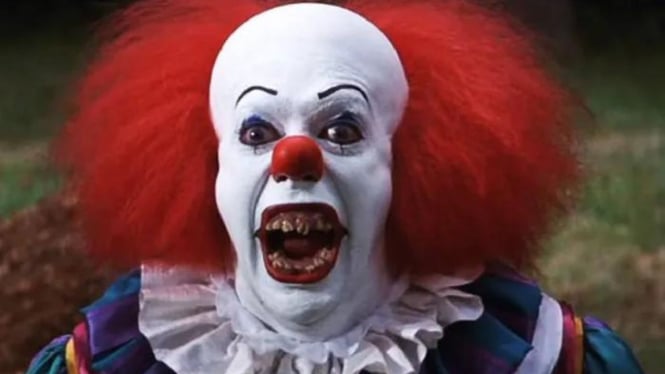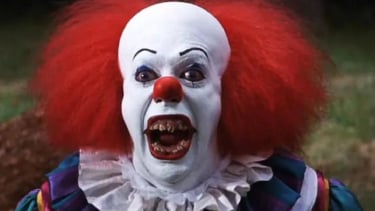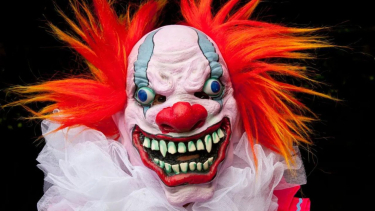A Study Finds Why Many People Afraid of Clowns: Coulrophobia
- Green Epstein Productions
VIVA – Coulrophobia is a fear or intense dislike of clowns. It is a relatively common phobia, and it can develop due to a variety of reasons, including negative childhood experiences with clowns, exposure to horror movies or media featuring scary clowns, or simply a general feeling of unease around clowns.
A study shows this fear exists among adults and children across different cultures. Yet it is not well understood due to a lack of research. While many possible explanations for phobias have been put forward in the academic literature, no studies have specifically investigated their origins.
To conduct this study, Sophie Scorey and her colleagues developed a psychometric questionnaire to assess the prevalence and severity of coulrophobia. The 'Fear of Clowns' questionnaire was completed by an international sample of 987 people aged between 18 and 77 years.
Ilustrasi badut.
- Alamy
More than half of the respondents (53.5 percent) said that they were afraid of clowns at least to some degree, with 5 percent saying that they were " Intense afraid" of clowns.
Interestingly, this percentage reporting an extreme fear of clowns is slightly higher than those reported for many other phobias, such as animals (3.8 percent), blood/injection/injuries (3.0 percent), heights (2.8 percent), still water or weather events (2.3 percent), closed spaces (2.2 percent), and flying (1.3 percent).
"We also found that women were more afraid of clowns than men. The reasons for this difference are unclear, but echo research findings on other phobias such as fear of snakes and spiders," she said, as reported from the science alert site.
Scorey also discovered coulrophobia decreases with age, which again matches up with research into other fears. “Our next step was to explore the origins of people's fear of clowns. A follow-up questionnaire was given to the 53.5 percent who had reported at least some degree of clown fear.”
This new set of questions related to eight plausible explanations for the origins of this fear, as follows:
1. An eerie or unsettling feeling due to clowns' makeup making them look not-quite-human. A similar response is sometimes seen with dolls or mannequins.
2. Clowns exaggerated facial features convey a direct sense of threat.
3. Clown makeup hides emotional signals and creates uncertainty.
4. The color of clown makeup reminds us of death, infection, or blood injury, and evokes disgust or avoidance.
5. Clowns' unpredictable behavior makes us uncomfortable.
6. Fear of clowns has been learned from family members.
7. Negative portrayals of clowns in popular culture.
8. A frightening experience with a clown.
“We found the final explanation, of having had a scary personal experience with a clown, had the lowest level of agreement. This indicates that life experience alone is not a sufficient explanation for why people are afraid of them.” Scorey and her team stated.
In contrast, negative portrayals of clowns in popular culture were a much stronger contributing factor towards coulrophobia.
This is understandable since some of the most prominent clowns in books and films are designed to be scary – such as Pennywise, the creepy clown from Stephen King's 1986 novel It.
However, some people are afraid of Ronald McDonald, the fast-food chain mascot, and he is not meant to scare you. This suggests there might be something more fundamental about the way clowns look that unsettles people.
In fact, the strongest factor was hidden emotional signals, suggesting that for many people, a fear of clowns stems from not being able to see their facial expressions due to their make-up, because they can see the clowns’ true faces and therefore cannot understand their emotional intent.



























